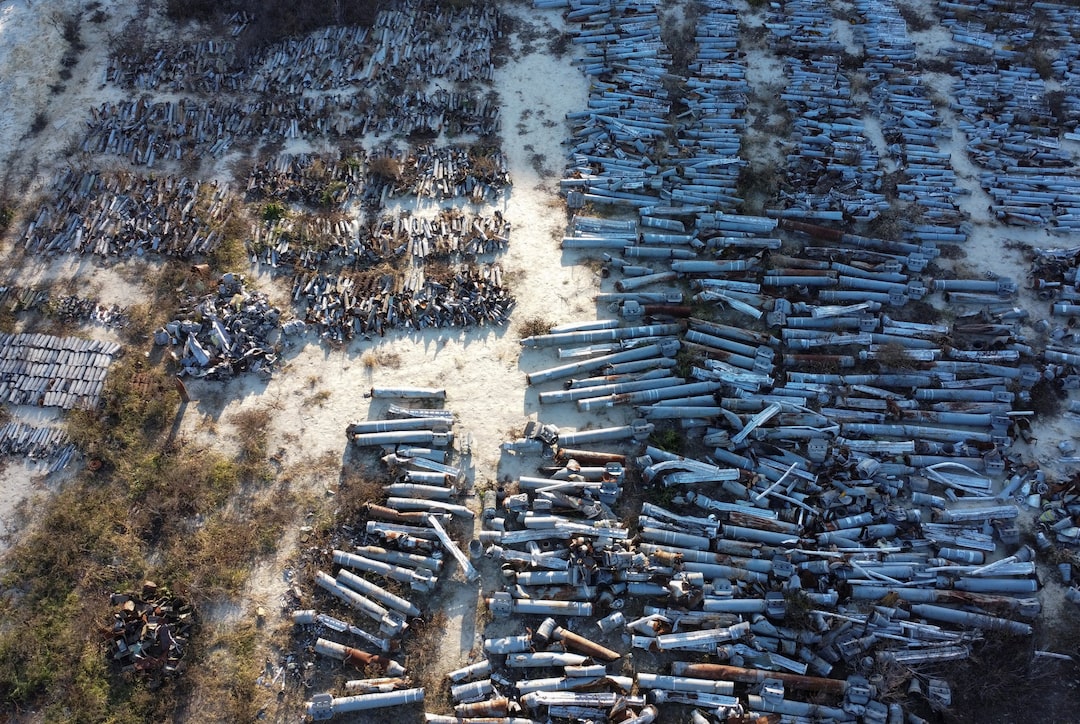According to a CNN report citing U.S. intelligence, Israel appears to be actively preparing for a potential military strike on Iran’s nuclear facilities, amid growing tensions and escalating regional hostilities. The report, published on May 20, 2025, says U.S. officials have intercepted Israeli communications and satellite imagery suggesting advanced planning and operational readiness.
The intelligence reportedly shows Israeli military units conducting exercises, including air drills involving long-range flight simulations and mid-air refueling — a critical capability for a potential strike on Iran’s nuclear sites, which are deep within the country’s interior.
“Israel is serious about eliminating what it sees as an existential threat,” one U.S. official told CNN. “We are monitoring the situation very closely.”
Signs of Imminent Action?
While no final decision has been made, intelligence sources indicate that Israel may strike within months, especially if diplomatic efforts collapse and Iran continues to expand its nuclear enrichment capabilities. One indicator cited was the movement of Israeli Air Force (IAF) assets to forward bases, and the deployment of electronic warfare units, often used to jam radar defenses.
The Biden and Trump administrations have historically diverged on how to handle Iran’s nuclear ambitions, but the current Trump White House is reportedly not pressuring Israel to stand down, although it is seeking advance notification should a strike be authorized.
🇮🇱 Israeli Perspective: Existential Threat
Israeli Prime Minister Benjamin Netanyahu has repeatedly stated that Iran must never be allowed to obtain nuclear weapons, calling the Islamic Republic the “greatest threat to Israel’s survival.” The recent uptick in military preparations may reflect growing frustration in Jerusalem over the lack of international enforcement mechanisms following the collapse of the 2015 Iran nuclear deal.
Israeli media have also reported cabinet-level discussions on Iran, with senior defense officials reportedly supportive of a pre-emptive strike if Iran crosses “red lines,” such as 90% uranium enrichment or weaponization testing.
🇮🇷 Iran’s Response and Warnings
In response to the CNN report, Iranian officials issued a blunt warning, stating that any attack on its nuclear infrastructure would trigger a “massive retaliation”. Iran insists that its nuclear program is for civilian energy purposes only, although it has steadily increased its enrichment levels since the U.S. withdrawal from the nuclear accord in 2018.
“We will respond decisively, and the consequences will not be limited to the aggressor,” said Iranian Defense Minister Mohammad Reza Ashtiani.
Iranian-backed proxy forces across Lebanon, Syria, Iraq, and Yemen may also be activated in the event of a strike, raising fears of a region-wide escalation.
Global Reactions and Risk of Wider War
The possibility of an Israeli strike on Iran has prompted deep concern among European and Arab governments, who fear that such an operation could ignite a full-scale regional war, disrupt global oil markets, and undermine nonproliferation efforts.
The United Nations, meanwhile, has called for restraint, urging all parties to “pursue diplomatic channels to resolve outstanding issues.” However, diplomatic options appear increasingly limited, with talks between Tehran and Western powers stalled, and no new nuclear framework in place.
What to Watch
- Movement of Israeli military assets and air drills near Iranian airspace
- Iran’s uranium enrichment levels and ballistic missile tests
- U.S.–Israel coordination and intelligence sharing
- Regional alert levels in Lebanon, Syria, Iraq, and the Persian Gulf
- Potential preemptive moves by Iran or its proxies
As the situation escalates, Washington and its allies face a narrowing window to prevent a confrontation that could engulf the Middle East. While Israel signals its willingness to act unilaterally, the region holds its breath — watching closely to see whether war will be decided in the skies over Iran.
Source; Reuters



